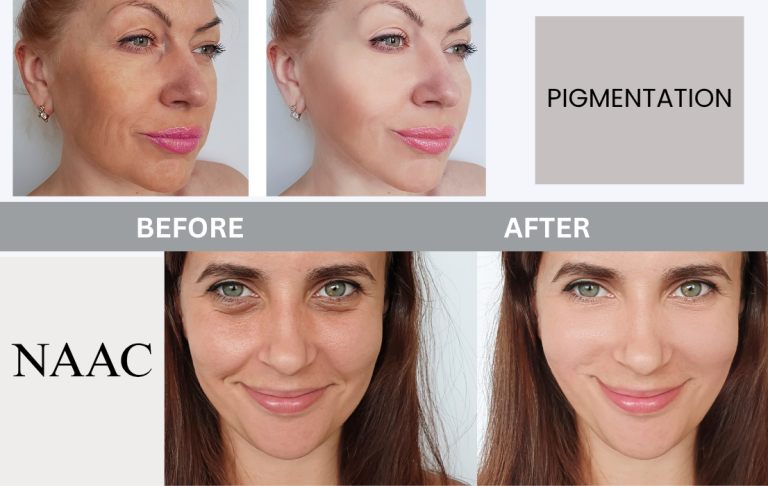Skin pigmentation disorders affect the color of your skin. Your skin gets its color from a pigment called melanin. Special cells in the skin make melanin. When these cells become damaged or unhealthy, it affects melanin production. Some pigmentation disorders affect just patches of skin. Others affect your entire body.
If your body makes too much melanin, your skin gets darker. Pregnancy, Addison’s disease, and sun exposure all can make your skin darker. If your body makes too little melanin, your skin gets lighter. Vitiligo is a condition that causes patches of light skin. Albinism is a genetic condition affecting a person’s skin. A person with albinism may have no color, lighter than normal skin color, or patchy missing skin color. Infections, blisters and burns can also cause lighter skin.
The different types of pigmentation problems. From the age of 30, a number of women develop pigmentation irregularities on their skin. This can be the result of different problems:
While these marks are completely harmless, they can be unsightly.

When melanin production is disrupted…The sun, skin ageing and genetics are among the main factors that influence skin pigmentation. In fact, from the age of 30, they can cause disruption to the production and distribution mechanism of melanin, the pigment that is responsible for the skin’s colouring. Melanin is therefore distributed unevenly in the skin and accumulates at the surface of the epidermis. Outcome: skin pigmentation becomes uneven and dark spots form on the surface.
Combating hyperpigmentationTo prevent dark spots from appearing and regain a radiant and even complexion, it is important to adopt a good daily skin care regime:

Following an accurate diagnosis we offer you a targeted, suitable treatment for the type of pigmentation and or dark spot concerns you have.